Hey there! I'm a food writer for BuzzFeed and also a snack-a-holic. Recently, my food mania has sort of taken over my life.
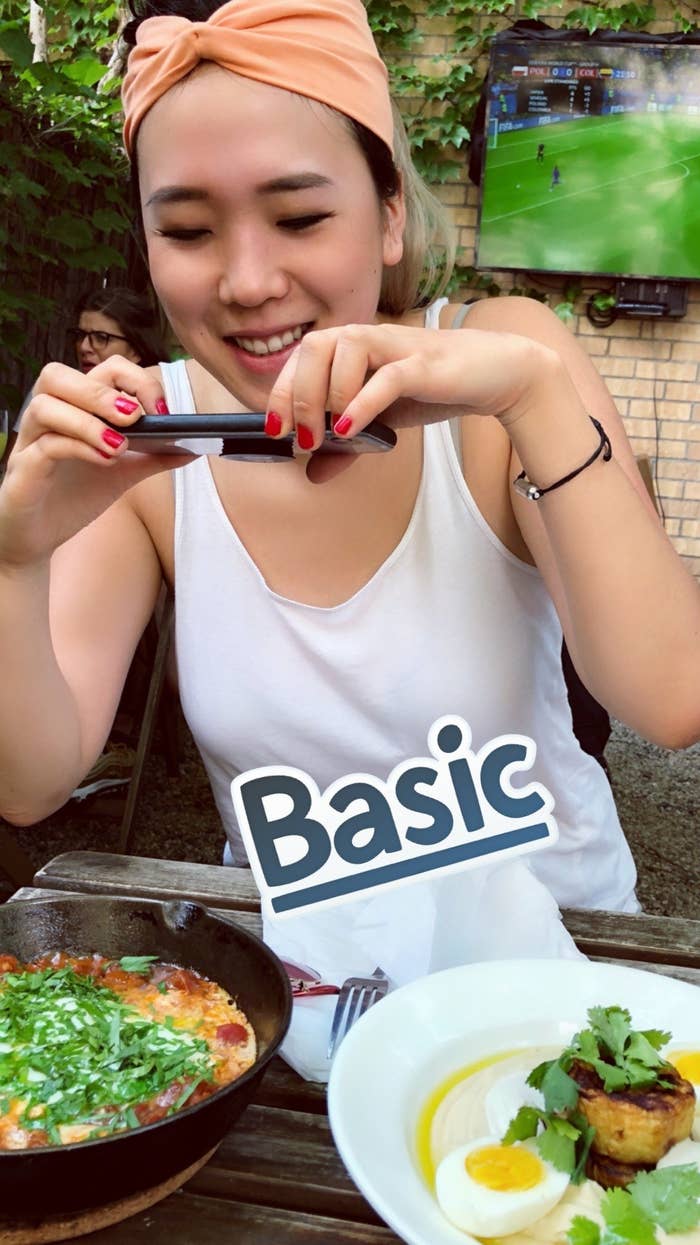
I had heard a lot about keto and its presumed miraculous effects on your energy, blood sugar management, appetite control, and mental focus, and knew I had to try it out.
Above all, I was hoping that by sticking to a diet so cut-and-dry and free of most processed foods in its make-up, I'd encourage my mind and body to rethink my approach to nutrition.
The ketogenic diet is a low-carbohydrate, high-fat diet that requires you to restrict your carb intake to about 20-50 grams per day. In a typical ketogenic diet, 70% of your calories come from fats, 20% from proteins, and 10% come from carbs. This extreme reduction in carbs forces your body to rely on ketone bodies (produced from the breakdown of all those fats you're consuming) instead of glucose from carbs. And with this shift in fuel, all the other benefits apparently follow suit.
When I asked my primary care physician about keto, she told me that it'd be worth trying out for at least the short term, for many of the reasons cited above.
And with that professional green light, I made up my mind to go full keto for 30 days.
Before starting my keto journey, I sat down and researched all the meals and ingredients I'd be eating for the next month.
While everyone's net carb limit varies, most sources advise you to stick to 20-50 grams of net carbs or less per day, when you start the diet. (By comparison, the FDA suggests that a standard, 2,000-calorie diet comprise of 300 grams of carbs per day). Once you've adjusted, you can try and add more carbs and see how your body responds.
Keto's extreme restriction on carbs means that most of your diet consists of protein, dairy, nonstarchy vegetables, and of course, fats in the form of nuts, full-fat dairy, oils, and, for me, lots of bacon and mayonnaise.
Knowing myself, I knew I wouldn't have the time or energy to plan out every single meal in advance, so I opted to download a cheat sheet listing net carbs (thank you, Reddit) for every major ingredient, and resolved to have no more than 6-7 grams of net carbs per meal, for three meals a day.
Here are the 17 things I learned from my 30 days of trying out keto.
1. As delicious as it sounded, keto was not a palatable diet for me (but maybe that wasn't such a bad thing...)
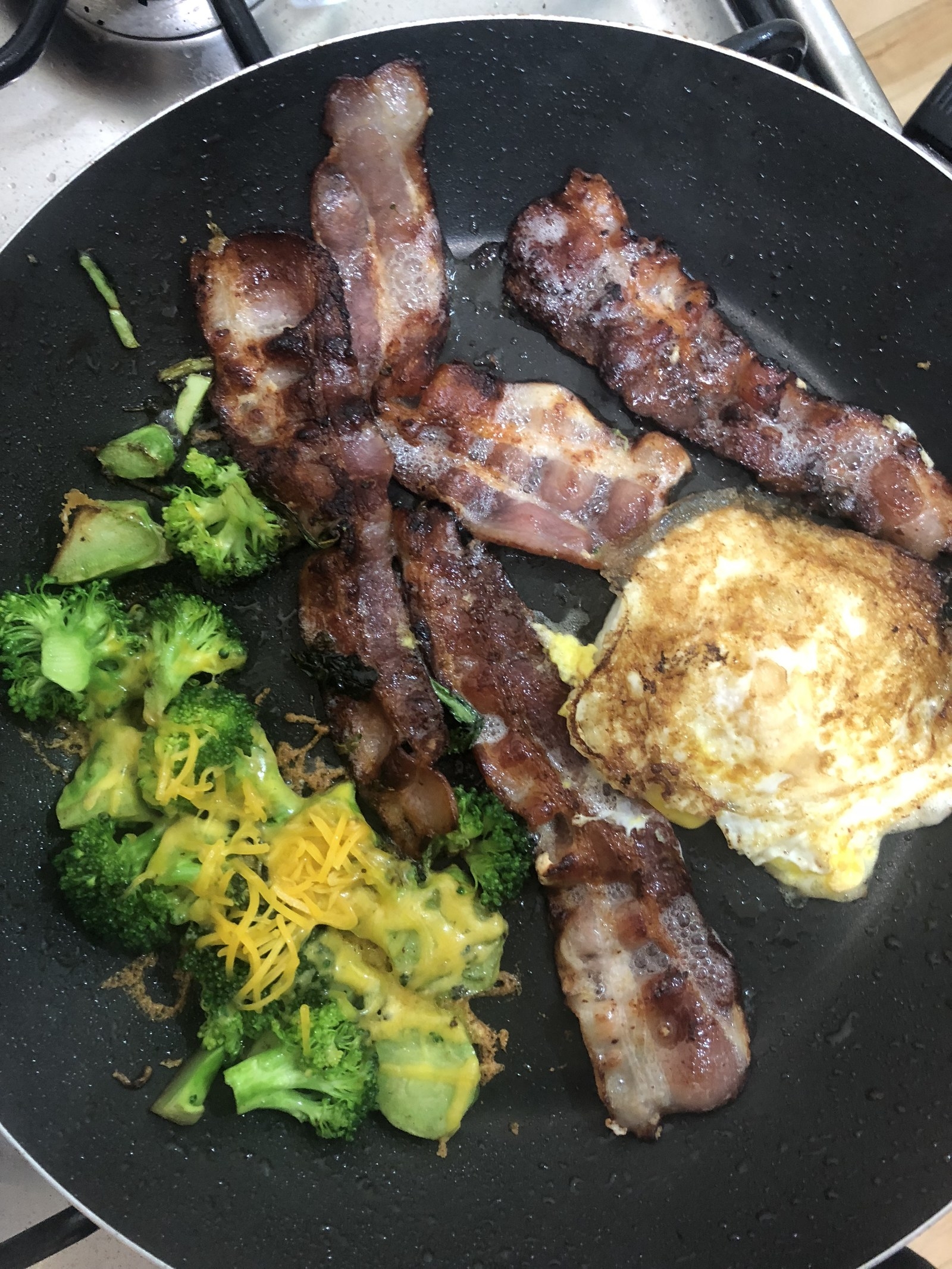
2. I was thirstier than I've ever been in my life. 🙃

3. The "Keto Flu" was real.
4. My pee stank, which was apparently an indicator that I had reached ketosis.
5. I lost a ton of water weight in the first week.
6. I stopped snacking as much.
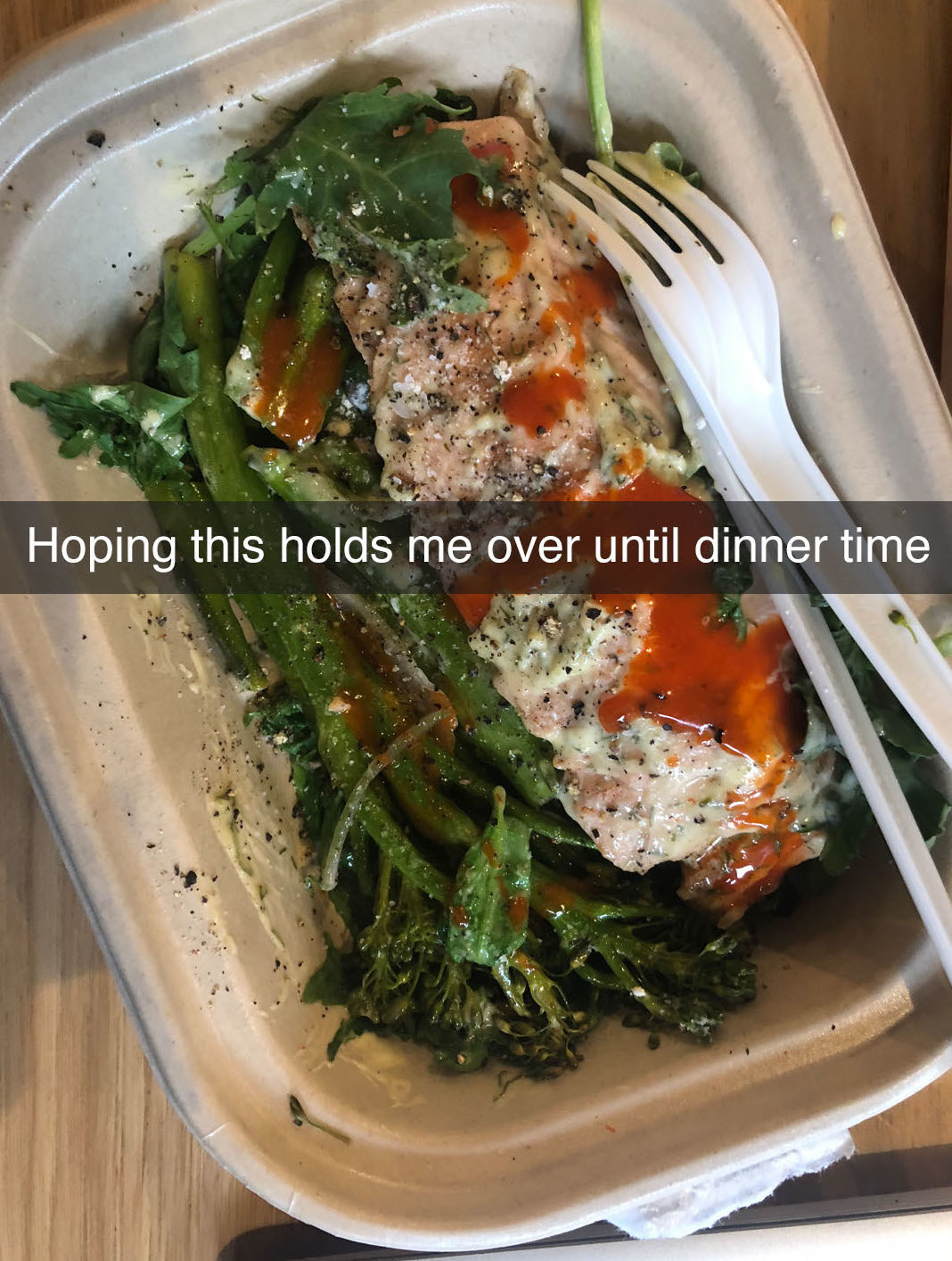
7. I realized I'm not as lactose intolerant as I thought I was. (I still can't do milk, but cheese is fair game.)
8. I stopped farting.
9. I had trouble falling asleep for the first week.

10. Eggs became my best friend.
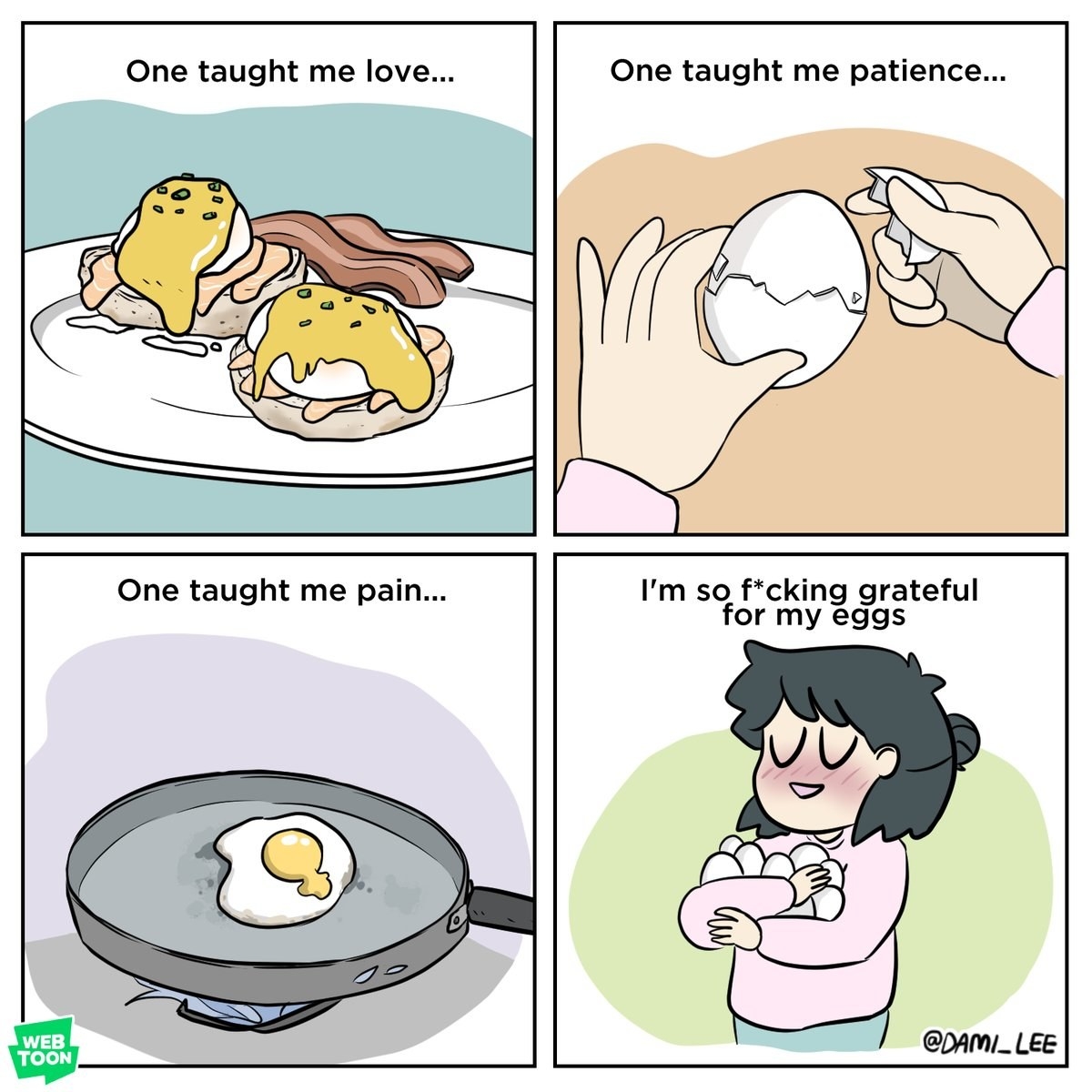
11. My skin cleared up.
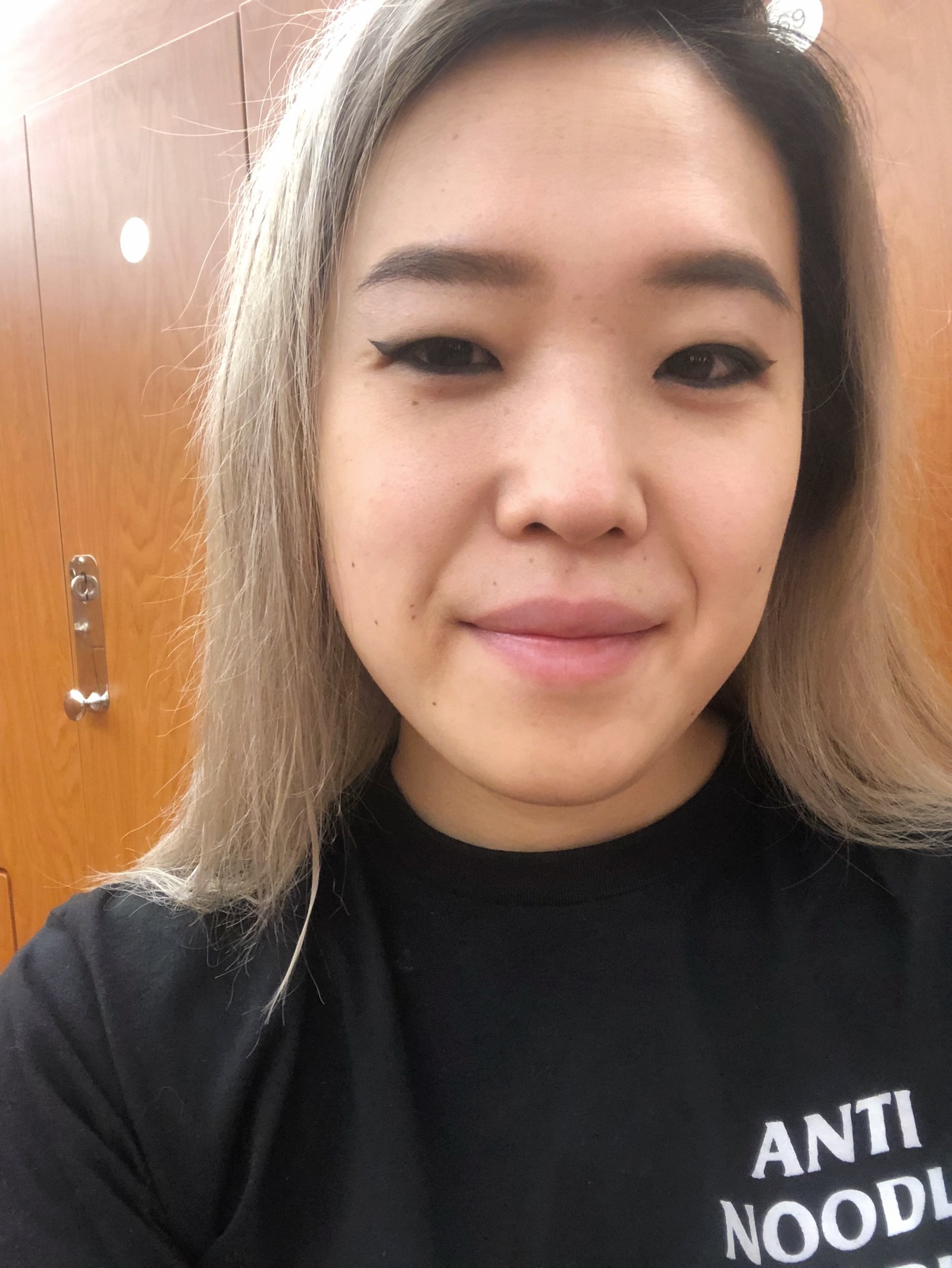
12. Net carbs are very different from total carbs.
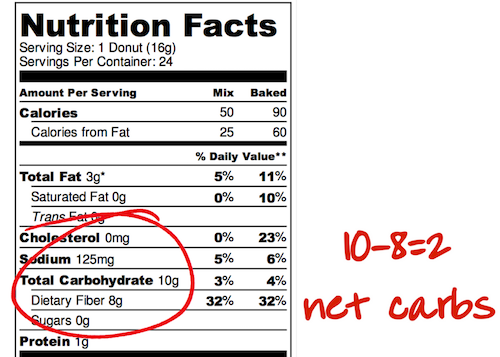
13. The most annoying part of keto was prepping my breakfast every morning.
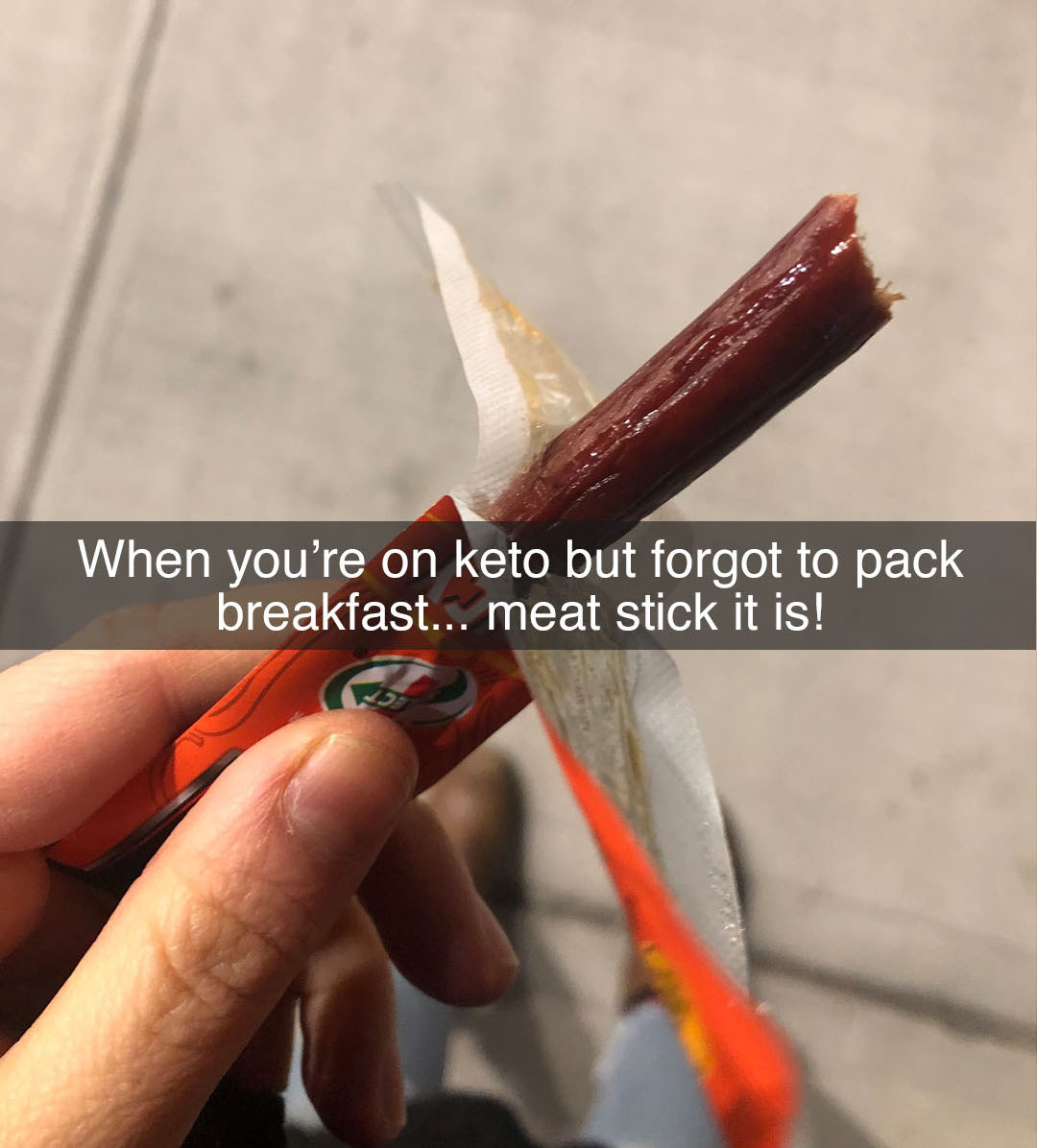
14. I developed a weird appetite for chicken broth — a craving that continues to this day.

15. Everyone finds a loophole in keto — mine was roasted nuts.
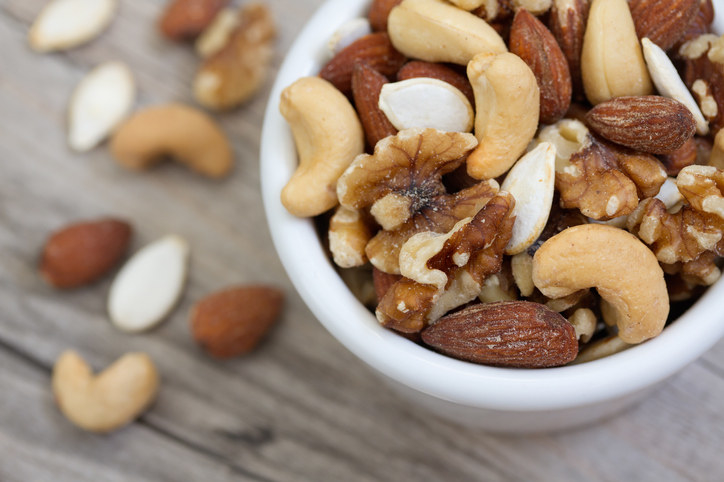
16. My gym time felt slightly more sluggish than usual.
17. Keto was hard on my social life, but not impossible.

After a month of keto, here's my TL;DR on my experience:
~The bad~
The hardest part of keto was how often I had to say no to meals out, homemade treats, and tall glasses of ice cold beer, and the combined effects those small adjustments had on my social life. While I think it's 100% possible to sustain a keto diet for a longer time frame, I was satisfied with the CPR effect my 30 days had on my eating habits, and eager to carry my learnings back into my regularly scheduled social programming. While my grocery store expenditures remained about the same (I often bought whatever meat was on sale), I spent a significant amount of more time cooking, due to all the meat and raw vegetables I was obliged to chop and cook.
~The good~
Keto ended up being both a mental and physical challenge. But once I adjusted, I loved the renewed sense of control it gave me over my eating habits. I stopped worrying about every little bite, knowing fully well that on a keto diet, I'd be able to trust my body's hunger signals and not confound them as "cravings" signals. I got better at controlling my portions, re-learned how to say no to treats and junky foods, and even scaled back my drinking (since being hungover on a keto diet is a complete nightmare).
